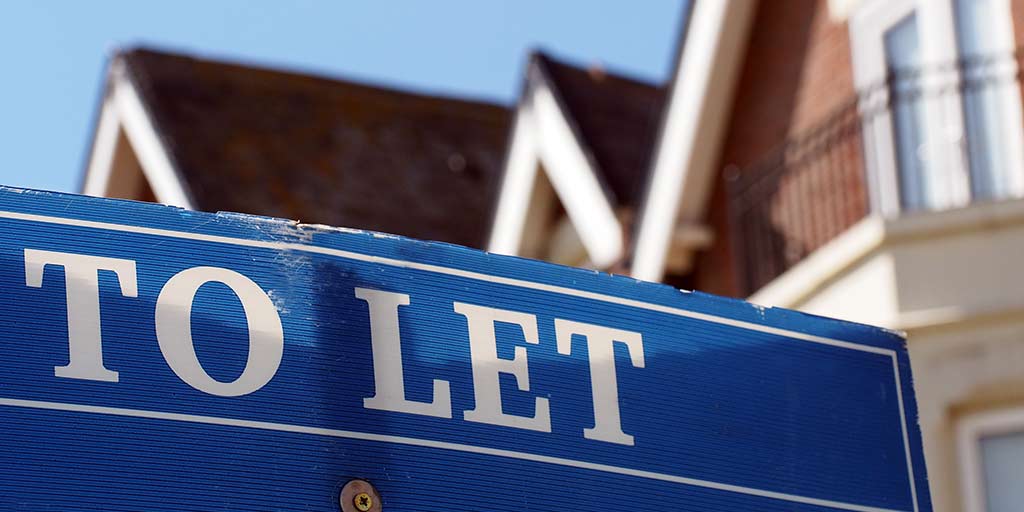This information should not be interpreted as financial, tax or legal advice. Mortgage and loan rates are subject to change.

Categories: prs | property market | buy to let mortgages
Everyone is aware that interest rates have increased after a long period of historic lows, with mainstream media painting a negative picture of the sector. However, Paragon Bank highlights why the private rental sector is in a much healthier state than headlines imply.
Paragon Bank’s Managing Director for Mortgages, Richard Rowntree, has argued that demand for rental properties has remained strong, while higher equity in the properties means landlords are positioned to weather economic storms better than residential homeowners are able to.
Rising interest rates have encroached on landlord’s profit margins, but after a period of time when buy to let rates had dropped to sub one percent mortgages, there was always going to be a reversal, to bring the industry back to more realistic figures.
And while it appears as though the central bank has reached the peak of their Base Rate increases, with two updates in a row being unchanged, lenders are taking measures to alleviate some of the pressure felt by those in the market.
Rowntree argues that the media is unfairly representing the health of the private rental sector. He says:
[…] sensationalist reporting can often omit the figures that show how the sector is actually in good hands and holding up well in the face of what is an undeniably challenging time for all industries.
And goes on to highlight two key aspects that demonstrate that the private rental sector is much healthier.
Sustained demand for housing
Rowntree explains that one aspect that those decrying the Private Rental Sector (PRS) often overlook is demand.
Tenant demand has remained strong throughout the second half of 2023.
Over the past 12 months, Zoopla data shows that letting demand has consistently tracked above the 5-year average.
Rowntree points to the RICS’ regular UK Residential Survey, which showed that 54 percent of those surveyors reported an increase in tenant demand in July.
He points out that these figures serve as a reminder that the sector's vitality is supported by robust demand, influenced by various societal changes.
Many landlords are positioned to handle economic shocks
Rowntree also points out that, generally, landlords have higher equity within their assets, as most do not borrow more than 75% of their property’s value.
As a result, landlords are better positioned to weather economic fluctuations than the typical homeowner.
Rowntree also points to UK Finance data showing that the proportion of mortgage accounts that are 3 months in arrears (the minimum amount until repossession can begin) has only increased to 0.44 percent, approximately 8980 bank accounts.
Whilst this sounds like a high number, the lowest point was 0.39 percent in Q2 2022, so increasing to 0.44 percent is marginal.
This has in turn meant that repossessions have remained low, with Q1 2023 having 440 buy to let repossessions, compared to 400 buy to let repossessions in Q1 2022.
While the economy, including the private rental sector, has faced challenges in recent times, Rowntree argues the reality is far more positive, with a much brighter future ahead.


